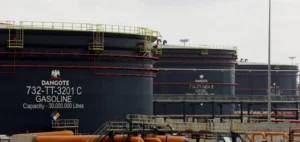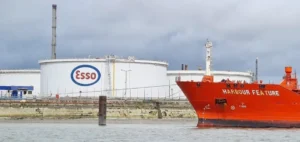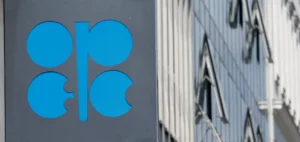In the United States, the White House is requesting a $500 million appropriation to upgrade the Strategic Petroleum Reserve (SPR).
A strategic asset
In the U.S., if Congress approves the credit request, the deficits created by the successive levies would be reduced. Indeed, the crude oil reserve plays a key role in Joe Biden’s efforts to supply his partners. In addition, November holds the record for the largest drawdown ever on the SPR.
In order to lower oil prices, the US President has released 180 million barrels since April. In addition, it does not rule out further oil withdrawals. However, there is criticism in the United States.
Frank Macchiarola, senior vice president of policy, economics and regulatory affairs at the American Petroleum Institute, says:
“The SPR was created to mitigate the impact of severe supply disruptions, and depleting this strategic asset to historically low levels risks leaving the country unprepared to respond to a true supply emergency.”
Joe Biden wants to release more crude oil while reserves are at their lowest level since the 1980s. However, the U.S. administration is exploring options to stabilize global oil markets.
Funding requests
This first request to Congress targets a modernization of the four SPR sites. As the White House notes, it would “maintain operational readiness levels and mitigate projected deficits.” The war in Ukraine but also the pandemic of COVID-19 caused real losses.
The U.S. Congress has until December 16 to reach an agreement on funding for the fiscal year. The White House, in the letter of November 15, requested an emergency supplement for assistance to Ukraine. In addition, the letter states that another request is for funding for natural disaster measures.
In addition, Washinghton is seeking €1.1 billion in reparations for the Ukrainian energy sector. It will also serve to increase Moldovan electricity imports from neighboring countries. Finally, the United States is requesting a final $50 million to address cybersecurity threats in the Balkans.






















